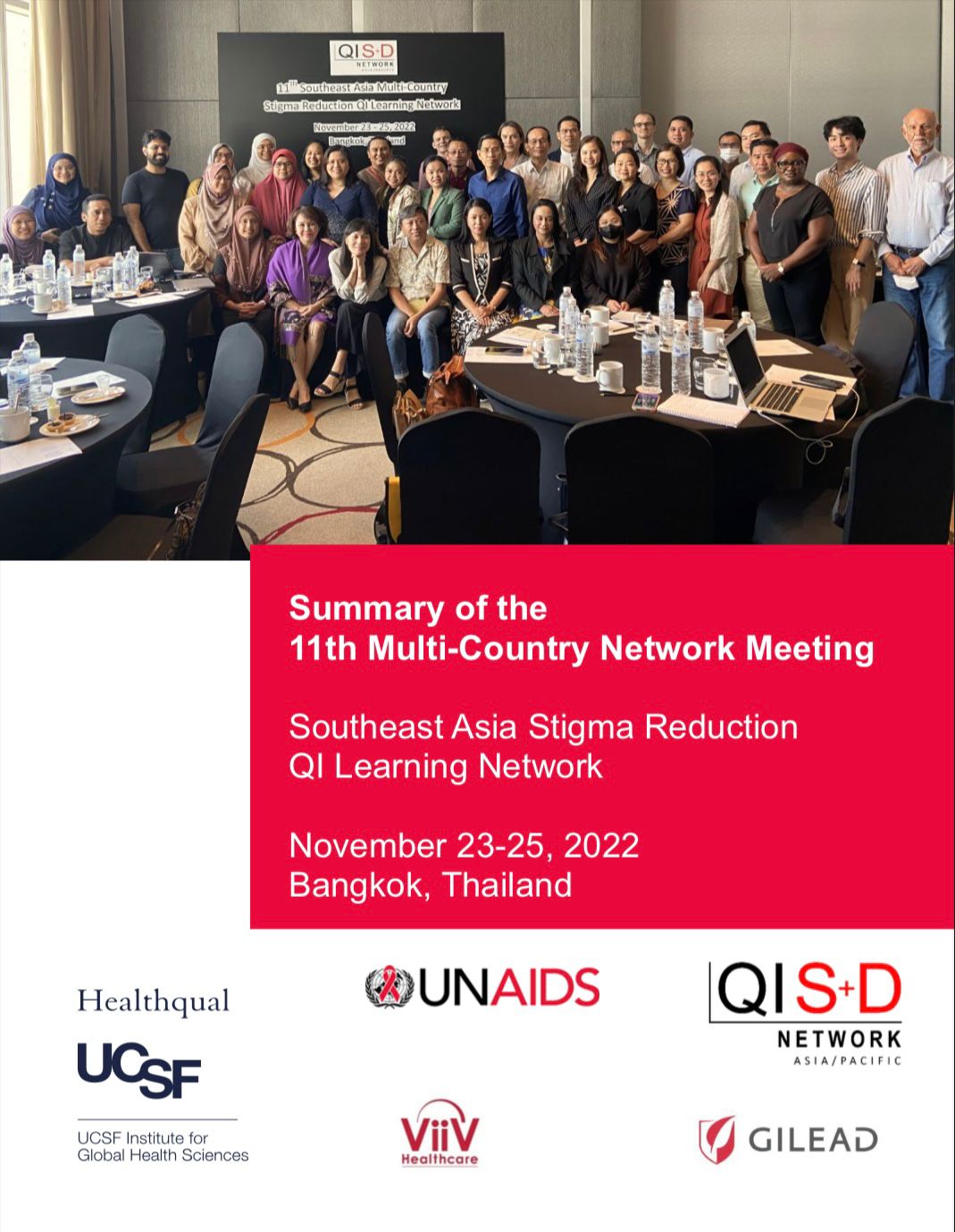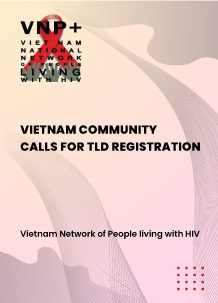HIV has become a manageable chronic illness with the advent of combination antiretroviral therapy (NIH 1998). Since then, while HIV positive persons may entail phases of acute illness, the effectiveness of the medication means HIV infection is no longer the death sentence it once was (Reiter, 2000). Indeed, with current projections ndicating that positive persons in therapy are likely to live a normal lifespan (The Mills el al. 2011; Antiretroviral Therapy Cohort Collaboration 2008), scientific research has shifted its focus towards HIV and aging. However, a quick look at the literature shows that this light of inquiry has often been narrowly focussed on the perspectives of biomedicine and in Western contexts, with the predominance of studies concentrating on the acceleration of diseases associated with aging (eg. Effros
et al. 2008; Stoff et al. 2004) and the toxicity of long-term effects of ARV (eg. Gilks et al. 2006; Casau 2005). In addition, with current HIV and aging biomedical research determined by the biological age of cohorts rather than the length of time cohorts have been living with HIV, these studies inevitably disregard younger cohorts who have been living longer with HIV.





